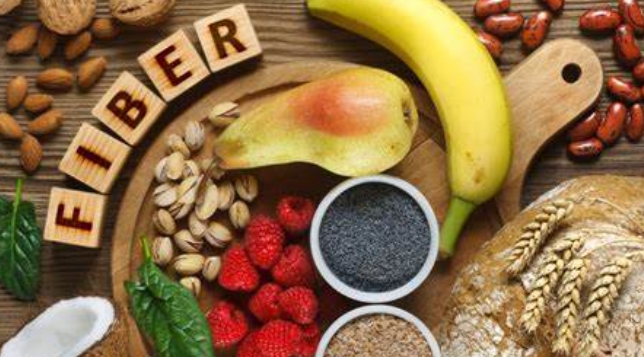Eating for optimal health doesn’t have to be complicated. A nutrient-dense diet—one that prioritizes foods rich in vitamins, minerals, and other essential nutrients—can make a profound difference in how you feel and function every day. By focusing on whole, unprocessed foods, you can fuel your body for long-term vitality, better immune function, and enhanced energy levels. Here’s how to create a diet that supports your health without feeling restrictive.
The first step in building a nutrient-dense diet is focusing on the quality of food you’re eating. Rather than counting calories or obsessing over portion sizes, the goal should be to prioritize whole foods that are naturally rich in nutrients. Fresh fruits, vegetables, lean proteins, healthy fats, and whole grains should make up the bulk of your meals. These foods provide essential vitamins and minerals, along with fiber, protein, and healthy fats, all of which are needed to support bodily functions.
A good place to start is with fruits and vegetables, which should form the foundation of any healthy diet. These foods are full of antioxidants, vitamins, and minerals that protect your cells, boost your immune system, and improve your overall health. Aim to include a wide variety of colors on your plate, as different colors often correspond to different nutrients. For example, leafy greens like spinach and kale are packed with vitamin K and folate, while orange vegetables like carrots and sweet potatoes are rich in beta-carotene and vitamin A. Don’t forget berries, which are loaded with antioxidants that help combat oxidative stress in the body.
Next, incorporate lean proteins into your meals. Protein is essential for muscle repair, immune function, and the production of enzymes and hormones. High-quality sources of protein include lean meats like chicken and turkey, fish, eggs, and plant-based options like beans, lentils, quinoa, and tofu. Protein is especially important for maintaining muscle mass, particularly as we age. Aim to spread your protein intake throughout the day, rather than loading up on it in just one or two meals.
Whole grains are an important part of a nutrient-dense diet because they are high in fiber, which promotes digestive health and helps stabilize blood sugar levels. Unlike refined grains, which have been stripped of their nutrients during processing, whole grains retain all parts of the grain, making them much more nutrient-dense. Great sources of whole grains include quinoa, brown rice, oats, barley, and whole wheat bread. These grains provide complex carbohydrates, which offer a slow, steady release of energy throughout the day.
Don’t overlook healthy fats, which are vital for supporting brain function, hormone regulation, and cell health. Healthy fats can also help with nutrient absorption, as many vitamins are fat-soluble. Focus on sources of unsaturated fats, such as avocados, olive oil, nuts, seeds, and fatty fish like salmon, mackerel, and sardines. These foods are high in omega-3 fatty acids, which have anti-inflammatory benefits and are beneficial for heart health. Including healthy fats in your diet also promotes a sense of satiety, helping you feel full and satisfied between meals.
Hydration is another crucial element of a nutrient-dense diet. Water is essential for digestion, nutrient absorption, and maintaining body temperature. Drinking enough water throughout the day helps your body carry out essential functions and keeps you feeling energized. In addition to water, herbal teas and infusions with fruits like lemon or cucumber can add variety to your hydration routine and provide additional health benefits.
A key part of building a nutrient-dense diet is mindful eating. This means paying attention to the flavors, textures, and satisfaction you get from your food. Eating mindfully can help you better recognize hunger and fullness cues, leading to more intuitive eating habits. It also improves digestion by encouraging slower, more thoughtful eating. By practicing mindfulness during meals, you may find that you feel more satisfied with less food, and your body has more time to signal when it’s full.
While focusing on nutrient-dense foods is important, it’s also essential to allow room for occasional indulgences. A sustainable diet is one that you can maintain over the long term, and that often means enjoying treats or comfort foods from time to time. Rather than feeling guilty about an occasional indulgence, think of it as part of a balanced approach to eating. The key is moderation, not deprivation.
By prioritizing whole, nutrient-dense foods and embracing a balanced approach to eating, you can support your body in feeling its best every day. A nutrient-rich diet helps promote good health, supports immune function, and provides the energy you need to thrive. With small, intentional changes, you can create a sustainable, nourishing diet that enhances both your physical and mental well-being.




